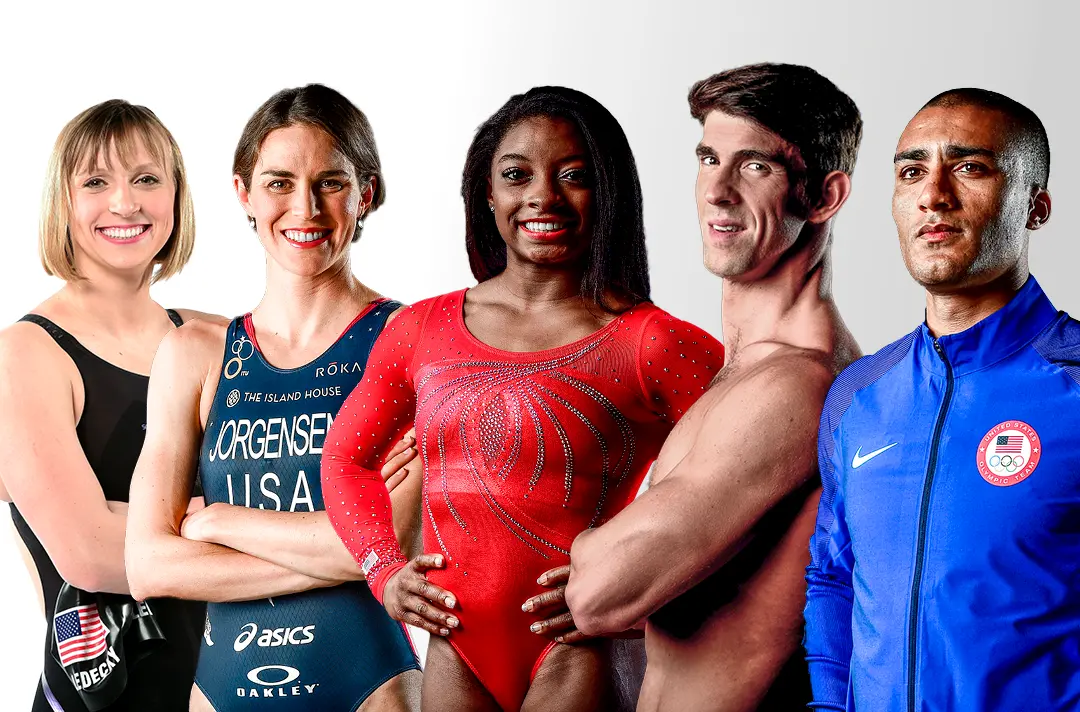I grew up back in the 1980s—when video games were just becoming popular.
My brother and I got our first video game system—a Nintendo—for Christmas when we were in junior high. By high school, we had upgraded to Super Nintendo, as many of our friends did.
It was the thing to do and we did it way too much.
One memorable spring break in high school, we spent the week entirely playing video games. ... It should be noted that none of us had girlfriends at the time.
Anyway, one of the games we played was “Bill Walsh College Football.” Made by EA Sports, the Madden-like game-play offered 24 teams from the 1993 season as well as 24 of the all-time great squads. Although there were no specific player names in the game, you could tell who they were based on their uniform number, position, and ability.
The game especially stuck out to me because, at that time, there were almost no sports games that had the likeness of collegiate athletes in them. I always assumed that the amateur rules prevented this from occurring.
I also assumed that because this game had seemingly changed the rules maybe somehow, someway, the players were benefiting from it.
My assumption was wrong.
Former UCLA basketball star Ed O'Bannon has recently filed suit against the NCAA after seeing his likeness in a video game, without his permission. His trial starts June 9.
My initial reaction to hearing about O'Bannon’s lawsuit was actually to side with the big, bad NCAA. After all, I was a college student once who even was a manager for my alma mater’s (Geneva College) football team.
It was mostly a thankless, dirty job but I liked being around the team. The pay was one lump sum for a full season, but when you did the math it came out to less than $2 an hour. I could have made two to three times that anywhere else, but I wouldn’t have been able to be around something I love—sports—so I stuck with it. Why couldn’t he?
My attitude changed though when I saw the NCAA’s reaction last summer when (in the face of the lawsuit) they ended the 21-year relationship with EA Sports, effective June 2014.
Naturally the question becomes, if they weren’t doing anything wrong in the first place why discontinue it?
This is nothing compared to the unionizing that’s going on at Northwestern.
If the law decides that student-athletes are employees, then so be it.
On the surface what they’re asking for is more than reasonable: more medical coverage, continuing education benefits, and four-year scholarship deals—as opposed to the year-to-year ones.
In fact, the better medical coverage is the biggest no-brainer of them all. Why shouldn’t they have that? For all the grief we give the NFL about concussions, at least they pay their players well.
But would the union stop there?
Soon the issue of stipends will come up again and if each school is a separate employer, the landscape of college sports will never be the same again.
If each university sets its own stipend amounts, the major institutions like Texas, Ohio State, Michigan, and Florida will become like the Yankees and Dodgers of the college world and the competitive balance that’s somewhat in place by the NCAA will be gone forever. With it, maybe the NCAA would be gone too.
Either way, the NCAA should compensate those players whose likeness they’ve sold for profit—they should have done it long ago. Maybe then they wouldn’t be facing the conundrum they’re in now with the union.





